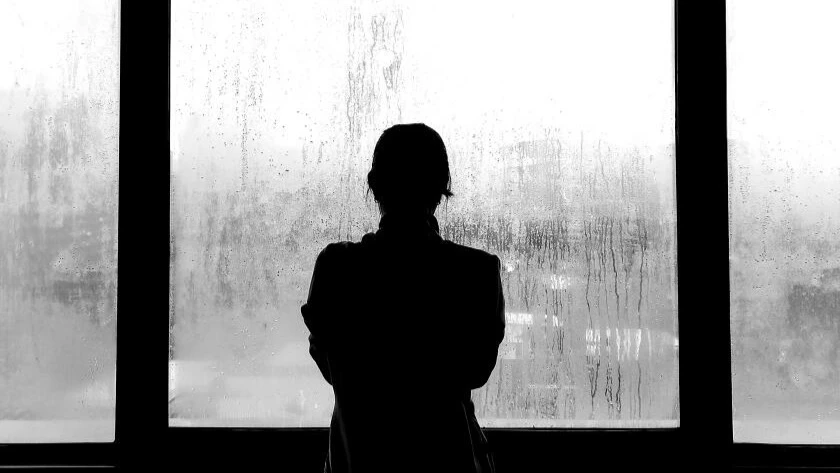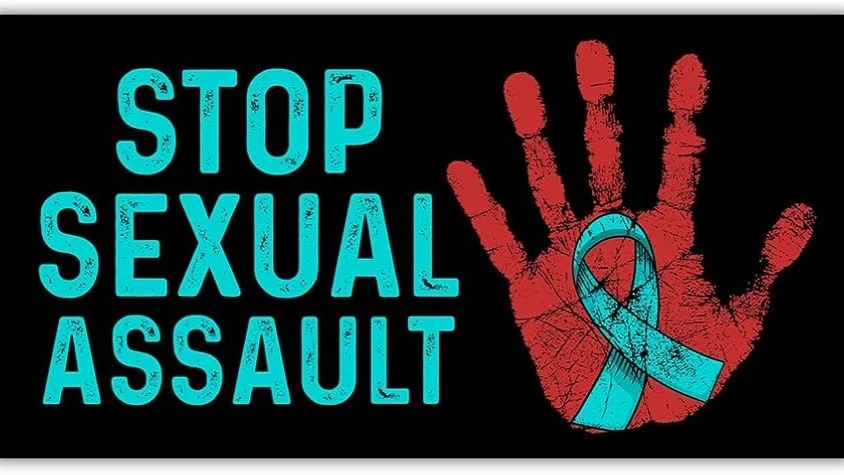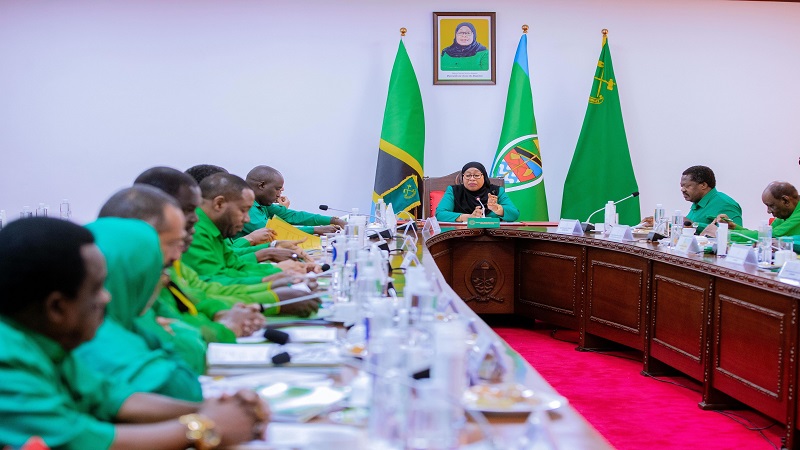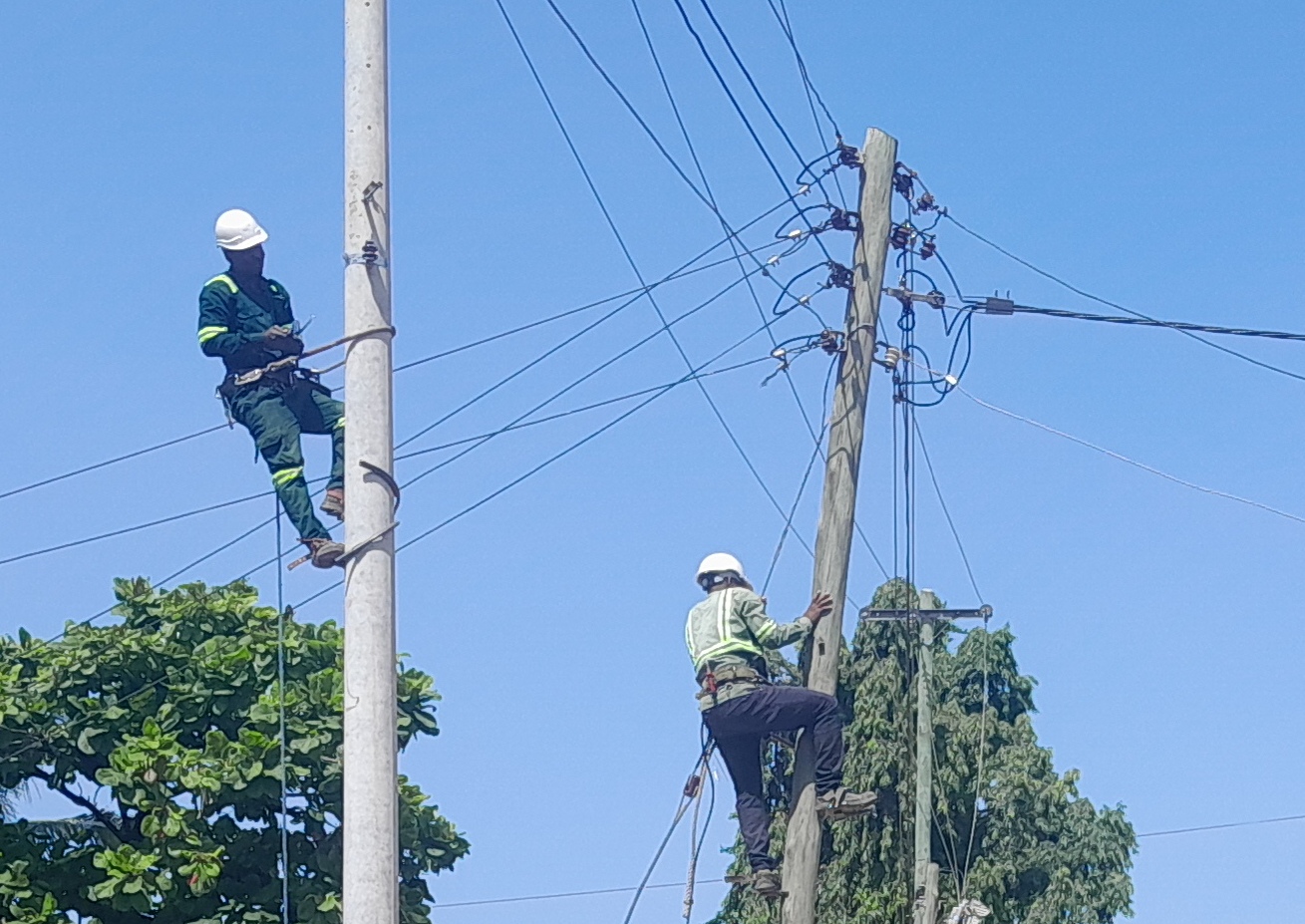Barriers to re-entry: Young mothers are struggling to reclaim education
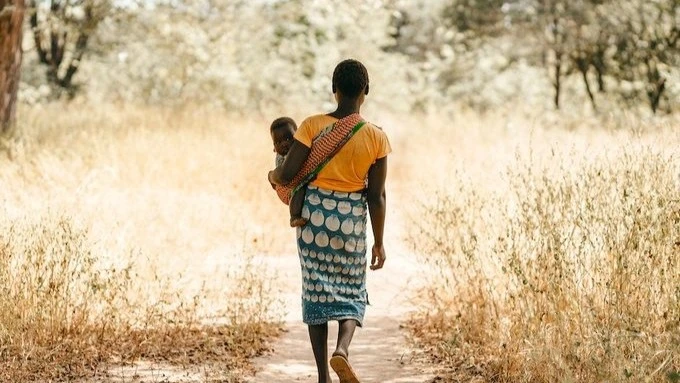
IN Tanzania, adolescent girls who become pregnant often face significant barriers in their attempts to return to school—a process known as re-entry. Despite government policies now permitting young mothers to resume their education, stigma, lack of support, and deeply ingrained cultural norms continue to obstruct their path.
Many girls are permanently forced out of school, limiting their future opportunities and reinforcing cycles of poverty and inequality. The journey back to the classroom is not just about education—it is a fight for dignity, acceptance, and a second chance.
Most of them face serious challenges after pregnancy, such as limited economic opportunities. Those who drop out early often lack the skills and qualifications required for decent jobs, which reduces their earning potential and increases their likelihood of remaining in poverty.
Without education or job prospects, many young mothers become financially dependent—typically on their families or partners—reducing their autonomy and bargaining power in relationships. Girls who leave school are more likely to experience repeat pregnancies at a young age, worsening their socioeconomic challenges.
This deepens gender inequality. When girls are denied education due to pregnancy, it reinforces disparities in education, employment, and leadership, undermining national and global goals for gender equality.
According to the United Nations Children’s Fund (UNICEF), teenage pregnancy remains a critical issue in Tanzania. Data shows that around 23 percent of adolescent girls aged 15–19 have experienced pregnancy.
High rates of child marriage are a key contributor, leading to nearly three out of four girls failing to complete secondary school. UNICEF notes that adolescent pregnancy and poor maternal nutrition are key factors in Tanzania’s high rates of maternal and neonatal mortality.
Various organizations in Tanzania continue to champion girls’ rights, including their right to return to school through advocacy and education. Among them is the Tanzania Women Lawyers Association (TAWLA).
Executive Director Tike Mwambipile noted that, during TAWLA’s 35 years of existence, it has addressed numerous issues, especially those involving children’s rights, including teenage pregnancy, child marriage, and school re-entry.
She emphasized that some existing laws still oppress girls and expressed hope for changes to the Marriage Act. She called for raising the legal marriage age to 18, instead of the current 14 or 15 years. She added that girls should be allowed to re-enter school after childbirth without complications so they can pursue their education goals freely.
Mwambipile pointed out that advocates continue to push for an amendment to the Education Act that clearly states a girl who becomes pregnant has the right to return to school. While the government allows re-entry in practice, she stressed that this right has yet to be protected in law.
“We are glad the government acknowledges the importance of allowing girls back into school after childbirth, but this right is not yet legally protected. We want it stated clearly in the law,” she said.
She emphasized the need for legislation addressing gender-based violence: “Having such laws would help girls significantly in fighting for their basic rights.”
Mwambipile underlined that education is a fundamental right for every child, regardless of gender or background. A pregnant schoolgirl should not be denied her right to continue learning.
“Allowing a girl to return to school after pregnancy restores her dignity as a student and as a member of society with dreams and aspirations,” she said, adding that enshrining this right in the Education Act would improve the chances for pregnant girls to continue their education.
“Although the government has made progress, and some girls are now returning to school, this right still lacks a legal foundation. We want it to be included in the law.”
Legal, policy gaps
Rebecca Gyumi, Director of Msichana Initiative and a well-known advocate for girls' rights, emphasized the importance of the rule of law. She referred to her 2019 legal case aimed at amending sections 13 and 17 of the 1971 Marriage Act.
“After the judiciary played its part, it was the legislature’s turn—but unfortunately, it has remained silent to this day,” Gyumi said criticising the government’s delay in responding to the Court of Appeal’s decision on the Marriage Act.
“Understanding the rule of law, a key principle, has become a challenge. Now, decisions seem to rely more on political will than legal obligation,” she added.
Systemic challenges
Edna Kamaleki, Executive Director of Lecri, a child rights organization and a TAWLA member, said that any discussion about children must involve the Child Act. She recalled that when the Act was developed in 2009, there were calls to include issues like child marriage for better child protection.
“But the law doesn’t address child marriage. I remember lawyers suggesting we delay the marriage discussion because it was ‘too complex.’ But marriage directly affects children. That’s the problem—we aim for inclusive laws but fall short. That’s why we make slow progress,” Kamaleki said.
She explained that the Child Act has gaps in areas such as marriage, where relevant legal protections are missing.
“There are many laws, but key issues like child protection are not clearly addressed. And existing laws often lack enforcement mechanisms and public understanding,” she added.
“We need laws with clear implementation frameworks, supported by detailed regulations for effectiveness.”
Advocate Getrude Ndyabene from Legal and Human Rights Centre (LHRC) noted that re-entry for schoolgirls face several challenges—mainly due to the lack of dedicated budget.
Re-entry guidelines require funding to offer psychological support and essential services to returning students, particularly girls who’ve given birth, she explained.
“The absence of such support causes some girls to drop out again—or become pregnant again before completing their studies. The intention is to help girls complete their education, but the programme faces serious hurdles,” she said.
She added that many students struggle to balance parenting and schooling without adequate support at home, in schools, and in their communities. As a result, many girls give up and drop out entirely.
Ndyabene said the timing of expulsion is also problematic. Some girls are removed from school in Form Four—just before final exams and told to return after two years, making them feel like they’ve lost valuable time.
Others may suffer a miscarriage after being expelled, but still must wait two years before re-entry—a major setback. She called on the government to revise the guidelines to give girls a real second chance to succeed.
Government response
Antelma Mtemahanji, a Senior State Attorney in the President’s Office – Regional Administration and Local Government (TAMISEMI), said the issue is not just about re-entry, but also about the care and support girls receive at home, in transit, and at school.
She said the government has launched various initiatives to support these girls, including deploying guidance and counselling staff in every school. Over 6,000 primary schools now have counsellors.
“The aim is to support students experiencing violence at home or school. So far, we’ve trained 8,000 teacher counsellors,” she said.
Mtemahanji said that 1,500 community development officers have been trained to support this initiative across the country.
“We believe community development officers can help build a more self-aware society,” she added.
School board chairpersons, who are often parents, have also been trained, with 1,500 chairpersons now equipped to understand their roles in supporting children, she said.
“We expect this to help reduce teenage pregnancies. The government has also strengthened children’s councils through various projects. Every school is now required to have a children’s council, with similar structures at the village and ward levels. Suggestion boxes in schools also help collect student feedback,” she added.
Mtemahanji shared data showing that in 2021, 15,003 students returned to school after pregnancy. That number dropped to 3,333 in 2022, 3,616 in 2023, and 3,290 last year.
“After noting the decline, the government held meetings with education and community officials to boost re-entry efforts. As a result, this year the number has increased to 4,764 students.
Top Headlines
© 2025 IPPMEDIA.COM. ALL RIGHTS RESERVED












